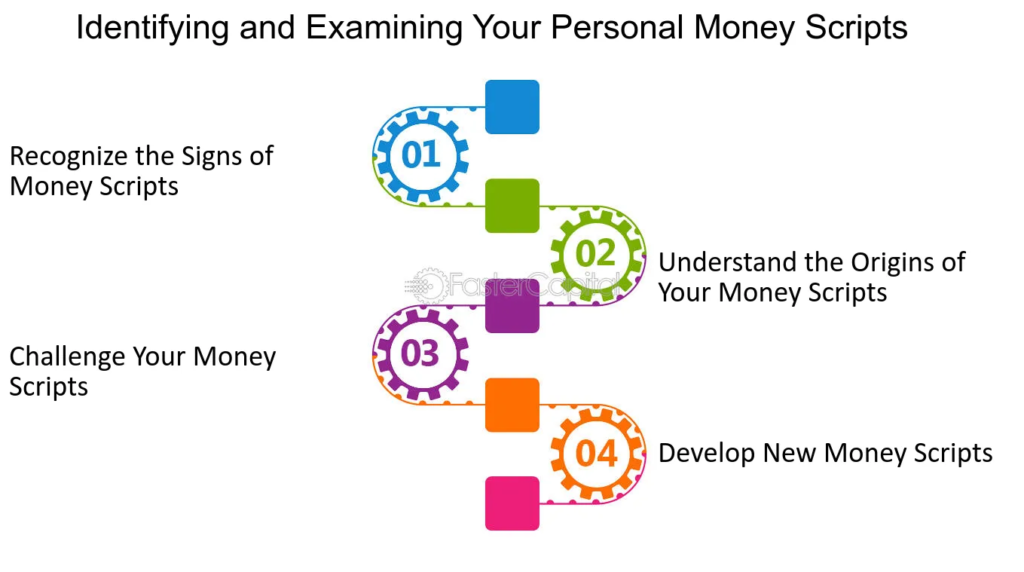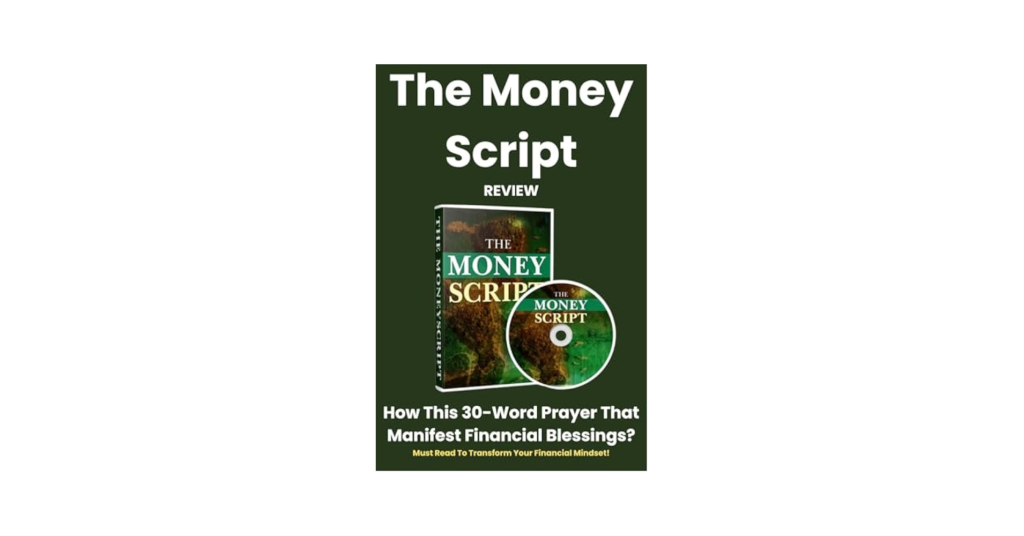Introduction to Money Scripts and their Impact on our Lives
Let’s start discuss about the money script review: Money isn’t just paper; it’s a powerful force that shapes our lives in unexpected ways. From spending habits to career choices, the way we relate to money can significantly impact our happiness and success.

Enter “The Money Script,” a concept that dives deep into the narratives we’ve built around finances over time. These scripts—often formed in childhood—can dictate whether we feel empowered or overwhelmed by money.
Understanding your Money Script unlocks insights about yourself and can be the key to transforming your financial life for the better. Ready to explore how this transformative tool can change everything?
The Four Types of Money Scripts: Innocent, Victim, Villain, and Hero
Money scripts shape our attitudes and behaviors toward wealth. They are often rooted in childhood experiences, beliefs or the financial narratives we adopt over time. Understanding these scripts can help us reveal our relationship with money.
The Innocent script embodies a carefree approach to finances. Individuals might avoid thinking about money altogether, believing it will take care of itself.
Victims feel powerless in their financial situations. This mindset leads them to believe they have no control over their economic circumstances.
In contrast, Villains see money as a tool for manipulation and power. They may prioritize wealth accumulation at all costs, often leading to ethical dilemmas.
The Hero script emerges from individuals who view themselves as saviors through their financial success. They feel obligated to share their wealth but may struggle with guilt if they do not meet this expectation.
How Money Scripts are Formed and Their Influence on Our Behavior
Money scripts are shaped by various factors, including upbringing, culture, and personal experiences. From an early age, people absorb messages about money from parents and peers. These lessons can be explicit or subtle.
Family dynamics play a crucial role. If a child witnesses financial stress or abundance, they may internalize those experiences differently. For instance, some might develop fear around spending while others embrace indulgence without thought.
Cultural influences also matter. Societal norms dictate what is considered acceptable behavior regarding wealth—whether that’s saving diligently or enjoying lavish lifestyles.

Past traumas related to money can leave lasting scars too. A single financial setback might lead someone to adopt a scarcity mindset for life.
Every interaction with money reinforces these scripts over time, guiding decisions in ways we often don’t realize until we pause and reflect on our behaviors and beliefs surrounding wealth.
Identifying Your Own Money Script through Self-Reflection
Understanding your unique money script is a journey of self-discovery. Start by asking yourself how you feel about money. Do you view it as a tool, or does it evoke stress and anxiety?
Reflect on your upbringing. What messages did you receive about wealth? Often, these early lessons shape our attitudes towards finances in adulthood.
Consider keeping a journal to explore your thoughts and experiences related to money. Writing can reveal patterns that may be influencing your choices today.

Engage in conversations with trusted friends or family members about their perceptions of wealth. Their insights might help illuminate aspects of your own beliefs that you’ve overlooked.
Think about moments when you’ve felt financially empowered versus times of struggle. These contrasting experiences can provide clues to the underlying narratives driving your behavior around money.
Steps to Transforming Your Relationship with Wealth
To transform your relationship with wealth, start by educating yourself about money. Knowledge is power. Read books, take courses, or attend workshops that focus on financial literacy.
Next, examine your spending habits. Track where your money goes each month. This awareness can highlight patterns and areas for improvement.
Consider setting clear financial goals. They should be specific and measurable. Aim to create a budget that aligns with these objectives while allowing for some flexibility.

Practice gratitude regularly for what you currently have. Acknowledging abundance can shift your mindset from scarcity to prosperity.
Surround yourself with positive influences regarding finances. Engage with people who inspire growth and share similar values about wealth creation and management. Their energy will motivate you in this ongoing journey of transformation.
Real-Life Examples of People Who Successfully Changed Their Money Script
Meet Sarah, a former victim of her financial circumstances. She grew up believing that money was scarce and hard to come by. After years of struggling, she decided to take control.
Then there’s James, who once identified as the villain in his financial story. He was reckless with spending and avoided saving altogether. A pivotal moment came when he faced mounting debt that threatened his peace of mind.
These stories show how transformative changing your money script can be—one mindset shift at a time leading toward empowerment and freedom in finances.
The Ongoing Journey of Revisiting and Adjusting Your Money Script
Transforming your relationship with wealth is not a one-time event; it’s an ongoing journey. As we grow and evolve, so do our financial circumstances and beliefs about money. Revisiting your Money Script periodically allows you to adjust and refine it according to your current life situation.
Life experiences can shift our perspectives dramatically. Perhaps you’ve encountered unexpected expenses or new opportunities that challenge how you view wealth.
Self-reflection plays a critical role in this process. By regularly assessing your thoughts, feelings, and behaviors around money, you’ll be better equipped to identify outdated beliefs that may hinder your financial progress.
As you continue on this path, remember the importance of surrounding yourself with supportive influences—people who encourage healthy attitudes towards wealth can make a world of difference.
Embracing change in how we relate to money opens doors for greater abundance and fulfillment. The journey doesn’t have an endpoint; rather, it invites continual learning and adaptation as we navigate through life’s financial landscape.
By committing to revisiting and adjusting your Money Script regularly, you’re empowering yourself not just financially but also personally. This transformative approach fosters resilience against setbacks while enhancing joy in the wealth-building journey ahead.


